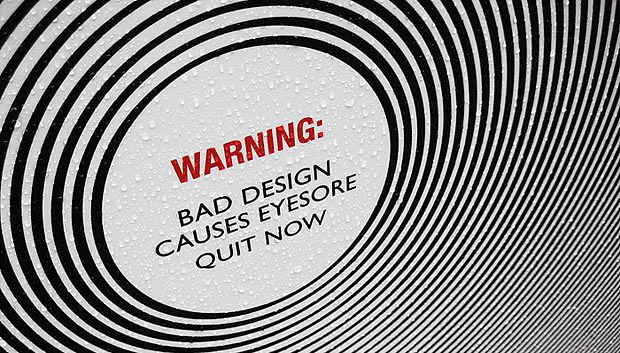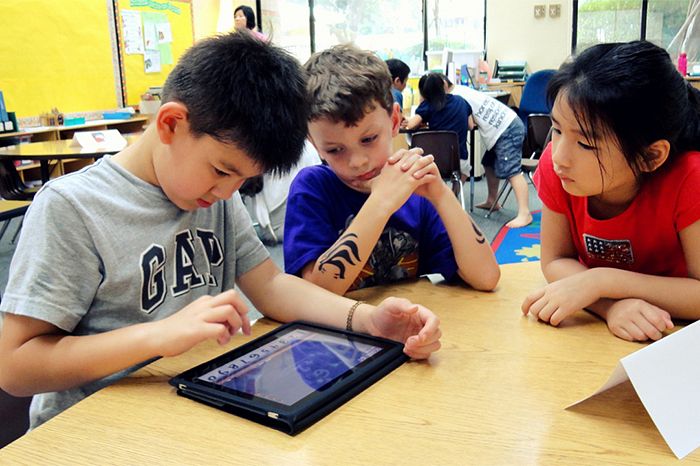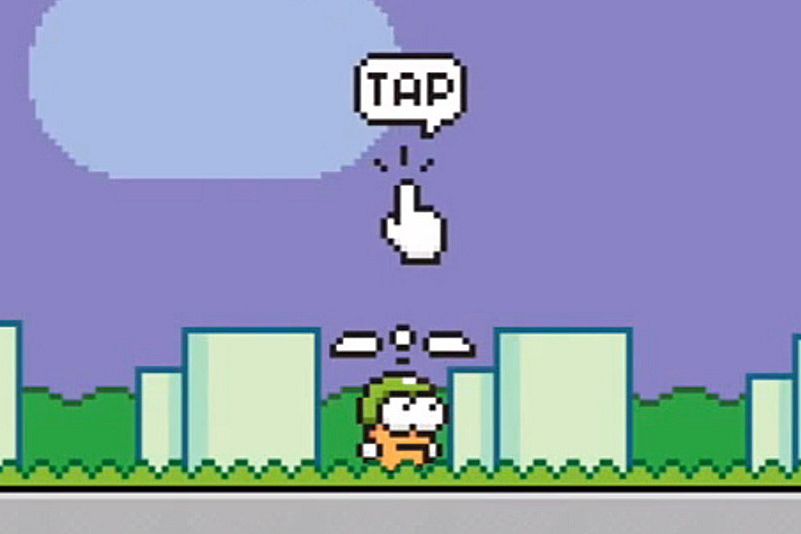In yet another example of keeping up appearances and style over substance, many schools around Saigon are calling on parents to fund their further forays into technology in the classroom. All this comes despite education laws firmly stipulating that students are required to pay tuition and enrollment fees only.
Whilst requests are for voluntary contribution, few parents feel they are able to decline, fearing that doing so may impact on the academic records of their children at school. New equipment that schools want to buy include devices such as LCD screens, projectors, smart boards, computers and others technologies that schools are claiming will better educate their children.
In many schools, teachers want to move from outdated black boards and sticks of chalk to large LCD screens that can be connected to computers, projectors and the internet. Although parents favour this move, there is resentment that they are being asked to fund this change over, especially in state-funded schools.
The father of a student at Tan Binh High School, situated in Tan Phu District, said that he was asked to pay VND300,000 (US$14), like other parents, to buy a projector to be installed in his child’s classroom.
Some schools even requested parents for a second set of equipment though there is already one in the classroom.
“My child’s school has asked the parents for money to get another LCD screen for the classrooms which are now equipped with a 32-inch display,” said Sang, a father whose child is enrolled at Ban Co Elementary School in District 3.
In addition, many teachers are against this move as they believe it will heavily increase their workload rather than simplifying it:
“It took us so much time to search for photos, videos, and other information so we have lost much of our patience and interest,” S.T., a teacher at an elementary school in Go Vap District, said. “What’s more, many old teachers don’t like teaching with the help of an LCD.”
Others complain that they are not being given sufficient training in the use of new educational technologies and many devices are being left unused. They claim this is adversely affecting the quality of education at schools.
Principles are acknowledging the difficulties faced and are saying that teachers should be thoroughly trained on the application of smart devices in the classroom before any equipment is introduced in the teaching process.
“What matters most is the student’s interest in the teacher’s lessons, not the technology which can by no means take the place of an instructor.”
[Tuoi Tre // Image via flickingerbrad]














